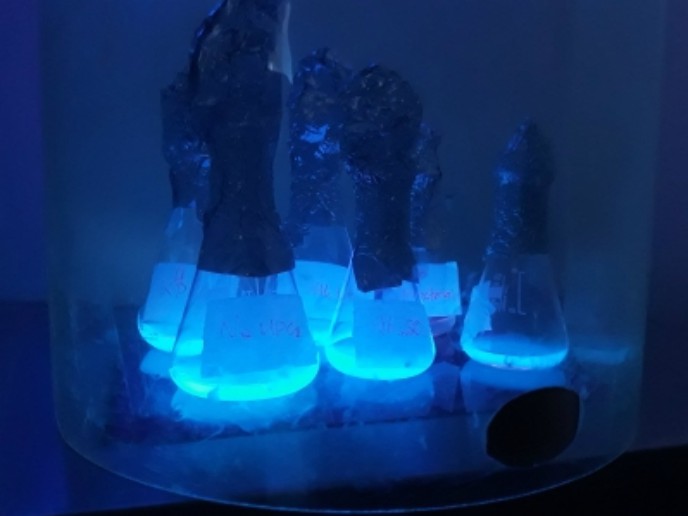Banishing bad memories forever
A common treatment for anxiety disorders is exposure therapy. Based on extinction, the patient uses novel experiences that can speed up learning that a previously threatening situation is now safe. The drawback is that the fear can return. “This risk of relapse highlights a need for treatments that persist,” emphasises the Marie Skłodowska-Curie fellow, Dr Marijn Kroes, who led research into this socially important area through the ReconsolidationDynamics project. To develop new therapies for anxiety, the team investigated neural mechanisms underlying the modification of specific old emotional memories via manipulation or ‘reconsolidation’ of that memory. Out with the old memories, in with the new Explaining consolidation and reconsolidation, Dr Kroes says: “New memories are initially labile and sensitive to manipulation but stabilise over time during a period of consolidation after which they are no longer sensitive to manipulations.” However, research in non-human animals has shown that a brief reminder can reactivate a specific old memory and temporarily return the memory to a changeable state. Reconsolidation holds great clinical potential as it may enable permanent modification of maladaptive memories that contribute to psychiatric disorders such as PTSD or addiction. “However, translating research results from non-human animals to humans and patients has been difficult,” Dr Kroes points out. Why reconsolidation doesn’t always work Dr Kroes explains: “I found that memories that involve knowledge about the events of an episode are not easily disrupted but are in fact strengthened via reconsolidation.” This highlights that there are risks to clinical interventions targeting reconsolidation as it may actually make matters worse for patients if interventions fail. This is especially the case in translation from conditioned fear memories for simple stimuli such as spider-bite pain to types of memory that involve more extensive associations. “Those that include knowledge about environmental context appear to be more difficult to modify,” he stresses. The research also unearthed why those old emotional memories may be so difficult to modify. “During the initial consolidation period, newly learned emotional experiences are segmented from competing non-emotional experiences into distinct memories to protect the emotional memories from interference,” he explains. ReconsolidationDynamics developed a novel task to test how more intense emotional experiences result in greater generalisation of fear responses. “I also developed a new test to investigate fear memories for contextual environments and we are currently using this to investigate reconsolidation of these types of memory,” adds Dr Kroes. At the same time, the researchers looked at alternative methods to reduce fear memories and investigated so-called extinction learning. This work revealed that new experiences increase the learning rate in brain regions responsible for the inhibition of fear responses. Memory modification treatment research continues Ongoing analysis of data will identify and quantify a neural marker of reconsolidation that predicts the loss of conditioned fear memories in humans. “I am about to start a study in rodents to answer the same question,” Dr Kroes says. At the same time, experiments in humans and rodents are ongoing to determine how context, intensity of an aversive experience and cognitive associative structure of emotional memories serve as critical boundary conditions to inducing reconsolidation. “The next crucial step is to investigate the modification of actual traumatic memories in the daily lives of patients,” he concludes.







